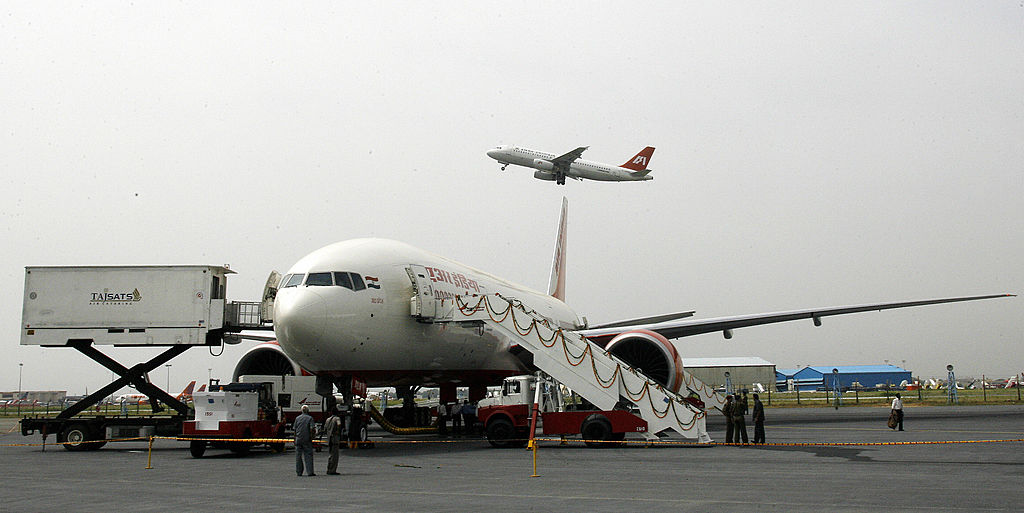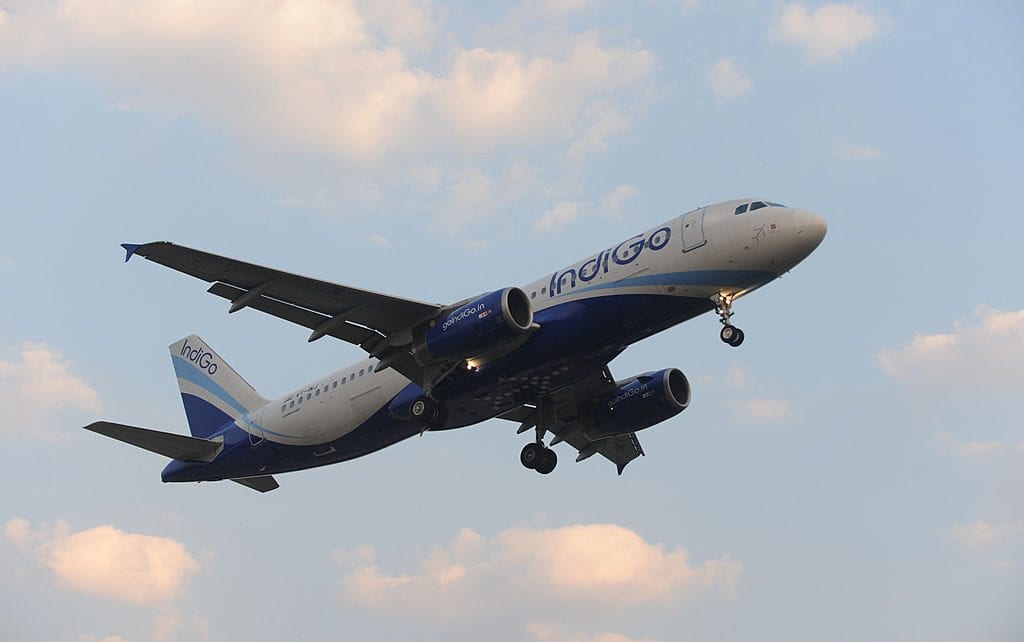- Thursday, April 25, 2024

By: Shubham Ghosh
INDIA has brought in heavyweights from its aviation industry to come up with ideas to revive the ailing airline industry, one which has been hit hard in the Covid pandemic. A new committee has been formed which includes IndiGo’s Rahul Bhatia, SpiceJet’s Jay Singh, GoAir’s Ness Wadia, Vistara’s Bhaskar Bhatt and AirAsia India’s Sunil Bhaskaran.
India’s civil aviation minister Jyotiraditya Scindia recently formed three committees to advise him on critical issues related to the industry. The three bodies for airlines, airports and maintenance and repair organisations and flight-training institutes include, apart from the chief executive officers, promoters.
Will roping in the industry captains help the airline industry to stage a turnaround?
Experts have a mixed take on the matter.
Gulf News quoted Ashwini Phadnis, a Delhi-based aviation journalist, as saying, “This is not the first time such committees have been formed – (this) shows intent to take on challenges that the sector is facing, several of which are well-known. What needs to be remembered is that there are several areas in which the Ministry of Civil Aviation cannot do much.”

According to the report, there is a remote chance of the Indian government coming up with a dedicated financial relief plan for the airline industry. The last budget of the Narendra Modi government had limited scope for airline relief measures and given the fact that the economy is just emerging from a devastating second wave, saving the airline industry might not be the government’s immediate priority.
The government may not be in a position to give direct financial aid to the ailing industry either. In May last year, India’s finance ministry launched an Emergency Credit Line Guarantee Scheme to help the pandemic-plagued economy. The scheme aimed to give Rs 3 trillion of unsecured loans to businesses to reduce the distress caused by the first coronavirus-induced lockdown and was expanded earlier this year to cover the civil aviation sector.
Moreover, the Gulf News report said, India placed restrictions on air fares and passenger capacity and it has not gone down well with the airlines. Even though India allowed carriers operating in domestic routes to run at 65 per cent capacity (up from 50 per cent), those like Indigo, the country’s largest flyer, are pushing to make it 100 per cent.
The aviation regulator has also limited domestic flight fares and Indigo also wants those limits removed. “We’ve made it clear that we would like to get back to 100 per cent capacity and we would like to see the price limits removed,” Indigo’s chief commercial officer William Boulter said during a virtual event. “We would obviously like to get back to the situation as it was in 2019.” He also said that the demand has come back and according to some observers, at a faster rate than it was after the first wave.
But there are more issues that the airline industry leaders’ coming together can not solve, feel the experts. One of them is the taxation on aviation turbine fuel (ATF), which is the biggest cost component for an Indian carrier.
“The decision on getting ATF under the Goods and Services Tax (GST) regime has to be taken by the GST (Goods and Services Tax) Council,” Phadnis said, adding, “Five petroleum products including ATF are outside the GST structure, which allow states to levy different taxes and duties on ATF rates.”
![]()